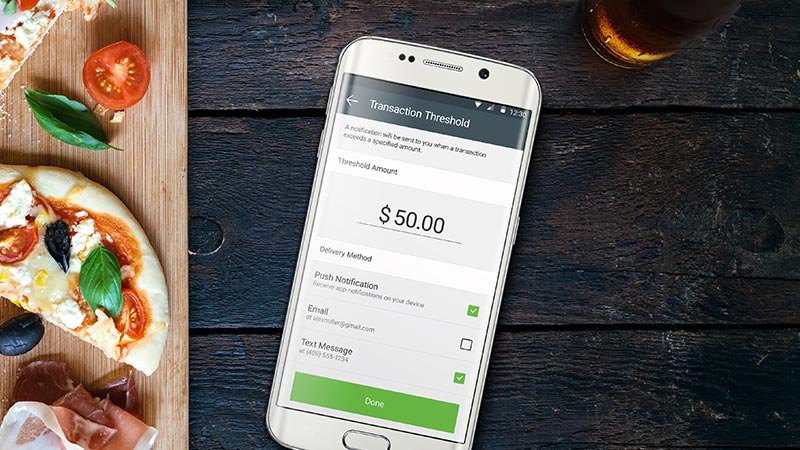Visa Developer Platform
- Work with us to create your own mobile payment application with the Visa Token Service SDK
- Develop payment solutions that integrate directly with token management tools.
Visa offers standards, specifications, development tools, and turnkey mobile solutions to help partners build and deploy their own tokenized apps to cardholders.

Contactless mobile transactions are leading the next wave of digital payments, and Visa Token Service can make them simple and secure. With Near Field Communication (NFC) technology and Visa payWave, secure purchases are as easy as the wave of a hand.

A safe and simple way to make purchases with your Visa compatible Samsung devices.
Make it easier for cardholders to pay online with a secure, simplified process that quickly moves customers from cart to conversion.

Visa Click to Pay makes it easier for your cardholders to pay online. Consumers create an account once and then speed through checkout with a single login, without having to re-enter their card or shipping details at every visit.

Card on File securely stores tokenized accounts and updates card data captured from online consumers for a better checkout experience.
Makers of devices like wearables, connected cars, clothing and home appliances – even city infrastructure – can now bring secure payments to life across the Internet of Things with Visa Token Service.

Wearable devices with contactless payment technology allow consumers to leave their wallets at home.

Drivers can easily make secure, contactless payments from their in-dash entertainment system.

Visa technology makes secure payments easy and accessible from almost any device with an internet connection.
Visa offers standards, specifications and development tools to help partners build and deploy their own mobile payment apps.

Bluetooth® Low Energy (BLE) allows purchase from anywhere in the store.

Purchases made by scanning a QR code on a mobile device screen.
Visa Token Service is a complete, integrated set of tokenization tools: Visa Token Vault, Token Management and Visa Risk Manager.

Visa’s Digital Enablement Program (VDEP) simplifies the way you offer innovative payment solutions. With streamlined access to Visa Token Service, VDEP connects financial institutions and technology companies so that you can offer payment options with Android Pay, Samsung Pay and Visa Checkout all in one go.
Answers to commonly asked questions about Visa Token Service.
Payment tokenization is the process of replacing the traditional payment card account number with a unique digital token in online and mobile transactions. Tokens can be restricted for transactions with a specific mobile device, merchant or transaction type. The tokenization process happens in the background in a way that is invisible to the consumer.
In October 2013, Visa, MasterCard and American Express proposed a new standard for digital payments. EMVCo - the global standards organization that oversees EMV specifications to ensure interoperability and acceptance - has since built on this framework with input from EMVCo’s members and the industry to advance availability and adoption of tokens around the world. EMVCo published the initial version of the specification in March 2014. The development of a global standard will help enable a new generation of payment products, while maintaining compatibility with the existing payments infrastructure.
We live in a “connected” world. As more consumers make purchases online with smart phones, tablets and PCs, the payments industry is focused on delivering a safe, secure, simple and consistent consumer purchasing experience, regardless of where they are and what device they are using. The development of a global standard will help enable a new generation of payment products, while maintaining compatibility with the existing payments infrastructure.
EMVCo, the global standards organization that oversees EMV specifications, has expanded its scope to also develop tokenization specifications. EMVCo has built the framework with input from EMVCo’s members and the industry as we collectively seek to advance availability and adoption of tokens around the world. EMVCo published the initial version of the specification in March 2014.